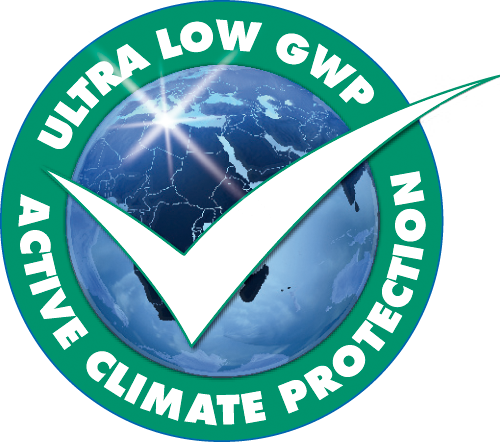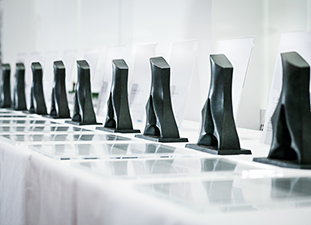Carrier making progress in low GWP refrigerants
USA – Representatives from Carrier were among the industry leaders who participated in a roundtable on hydrofluorocarbon (HFC) refrigerants held yesterday by the Executive Office of the President’s Council on Environmental Quality in Washington. The roundtable discussion group met on World Food Day to reaffirm their commitment made one year ago to pursue low Global Warming Potential (GWP) refrigerants across the food cold chain by 2020.
Following the discussions, David Appel, president, Carrier Transicold & Refrigeration Systems, declared “We have made significant progress across the refrigeration cold chain”
Since last year’s roundtable, Carrier has helped provide technical analysis to support the U.S. Environmental Protection Agency’s approval of carbon dioxide (CO2) as a natural refrigerant for transport refrigeration.
“We are making lower GWP refrigerants available to truck and trailer refrigeration customers. We’re also focusing research and development in this segment on the natural refrigerant CO2, which has a GWP of only one and is roughly 4,000 times better than conventional refrigerants used in transport and supermarket refrigeration applications,” continued Mr Appel. “Carrier offers customers some of the most environmentally sustainable refrigeration systems and we are committed to expanding our proven, environmentally responsible natural refrigerant systems for road transport.”
Carrier claim that they are doing their part to help lower GWP emissions as, in addition to the more than 1,600 supermarkets in Europe using Carrier’s CO2OLtec HFC-free natural refrigeration technologies for food retail, the company has installed its first food retail units in China this year using natural refrigerants, while it has also installed its first ultra-low GWP hydrofluro-olefin (HFO) chiller, in Switzerland.
The company also states that it believes that a more sustainable cold chain would also serve to extend food supplies and help reduce the growing problem of food waste. Carrier is one of the industry leaders in the global effort to reduce food waste, and its consequent impact on hunger, climate change and natural resources.
“Food waste measured as a country would be the world’s third largest emitter of greenhouse gases,” declared John Mandyck, UTC Chief Sustainability Officer and co-author of a book calling attention to the extraordinary social and environmental opportunities created by wasting less food, entitled Food Foolish: The Hidden Connection Between Food Waste, Hunger and Climate Change.
Mr Mandyck continued, saying “It’s imperative that we raise awareness of the important role sustainable, cold chain technologies play in helping developing countries reduce food waste to feed more people and reduce environmental impacts – on World Food Day and every day.”
The company is firm in its belief that the application of refrigeration technologies in the cold food chain is the key to keeping perishable and frozen foods well preserved, safe and fresh and will also aid in increasing system efficiency to help reduce food waste.
“While more research and technical breakthroughs are needed, we believe that low GWP refrigerants – including CO2 as a natural refrigerant – hold great promise across the cold chain,” concluded Carrier’s David Appel.















